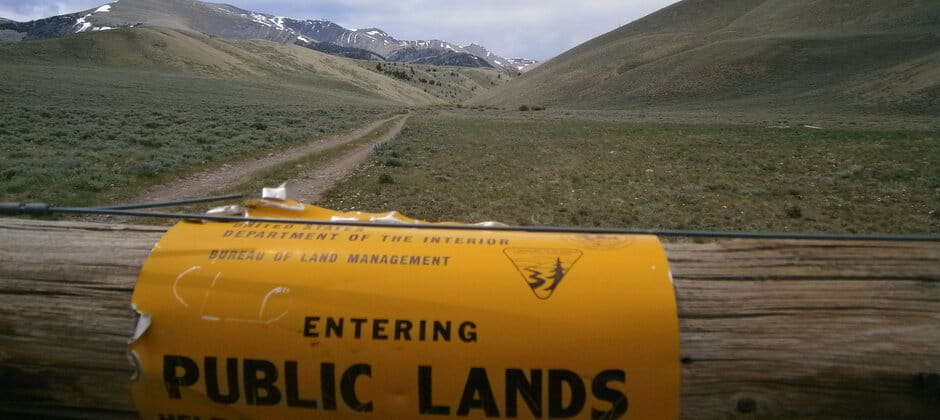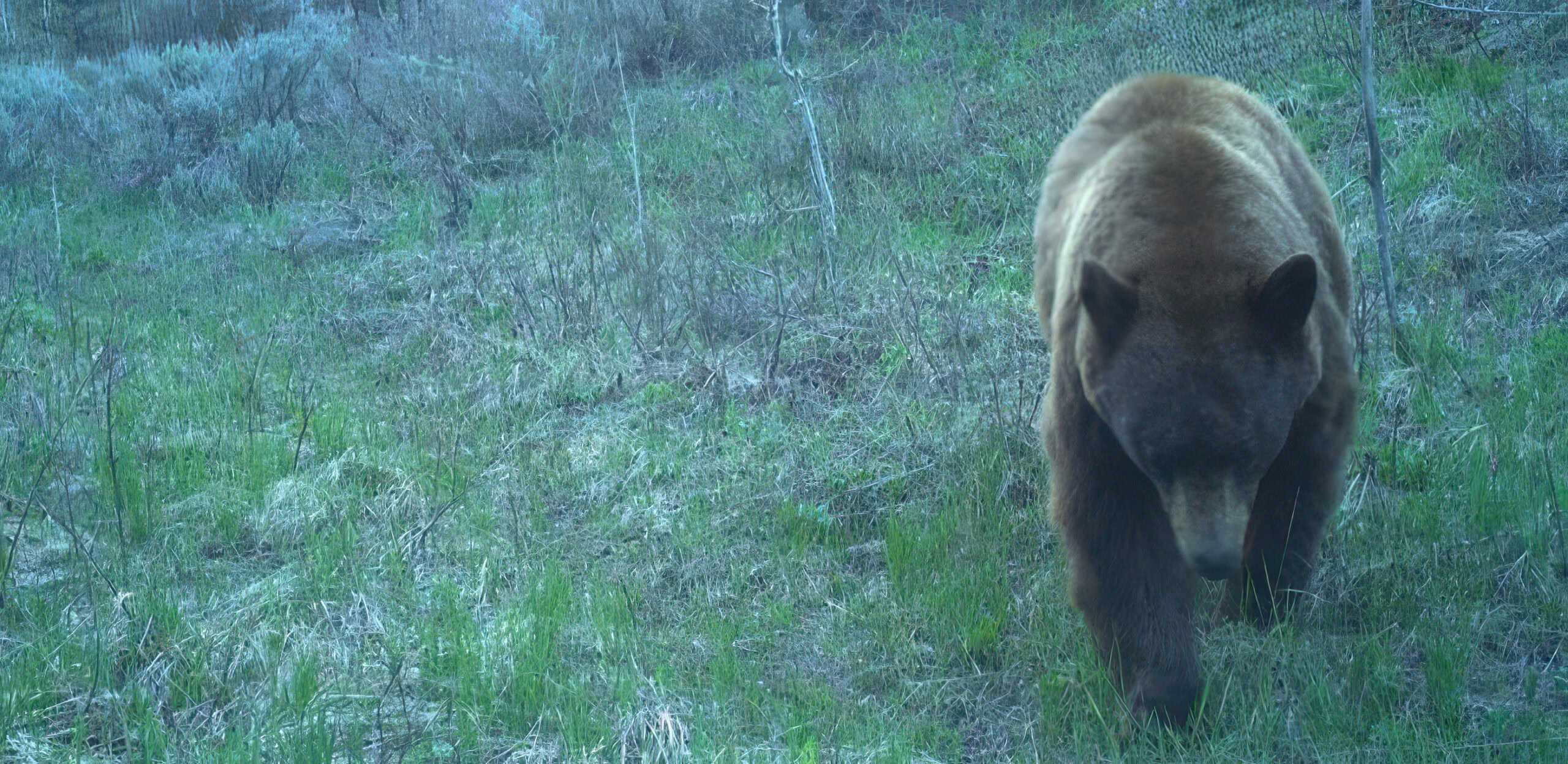Share this article
Montana may amend wildlife management section of Constitution
The Montana legislature is considering a bill that would ask voters to designate hunting, fishing and trapping as the preferred methods of fish and wildlife management in the state’s constitution.
House Bill 367 proposes amendments to a section of the Montana Constitution known as the “Harvest Heritage” clause. As currently written, the clause states that “the opportunity to harvest wild fish and wild game animals is a heritage that shall forever be preserved to the individual citizens of the state.”
The new bill would make the clause’s language more specific by explicitly stating the right of Montanans to “hunt, fish, trap and harvest wild fish and wildlife, including the right to use current means and methods.” New text would also direct the state to “give preference to hunting, fishing and trapping by citizens as the primary but not exclusive means of the state’s management of wild fish and wildlife populations.”
If two-thirds of the state legislature supports the bill, Montana voters will be asked whether to make the proposed amendments during the Nov. 2022 general election.
State Representative Paul Fielder introduced the bill in response to recent proposals that would restrict certain forms of hunting and trapping within the state. Fielder said sportsmen spent about half a million dollars in 2016 opposing an initiative to ban trapping on public land, which was later rejected by Montana voters. Giving preference to hunting and trapping for wildlife management in the state constitution could make it more difficult to eliminate these forms of harvest in the future, he said.
Sportsman groups including the Montana Outfitters and Guides Association, Montana Trappers Association and Montana Sportsmen for Fish and Wildlife have supported the bill. Other organizations, including Footloose Montana, Trap Free Montana, Wolves of the Rockies and Animal Welfare Institute, oppose the bill, particularly regarding its inclusion of trapping.
Members of Montana Audubon expressed concerns about the language in the legislation. The focus on hunting and trapping overlooks significant challenges, such as habitat loss, that wildlife management and conservation should address. The bill text removes references to “conservation” as a goal, instead placing exclusive emphasis on “management,” and the change in terminology from “wild game” to “wildlife” raises uncertainty about which species will become eligible for harvest.
The Wildlife Society’s Standing Position on trapping furbearers recognizes the role of regulated trapping in wildlife research and management and in creating economic and recreational opportunities that preserve the lifestyles of many individuals. The Montana Chapter of The Wildlife Society has supported regulated trapping on public and private lands as a means of managing wildlife populations in the state.
Read TWS’ Position Statements on Hunting, Trapping Furbearers, and the North American Model of Wildlife Conservation.
Header Image: Montana may ask voters whether hunting, fishing, and trapping should be the preferred methods of wildlife management in the state. Credit: Steven Janzen








